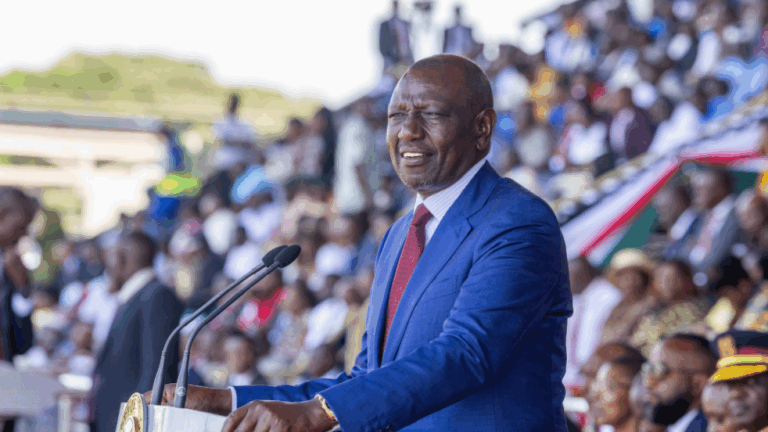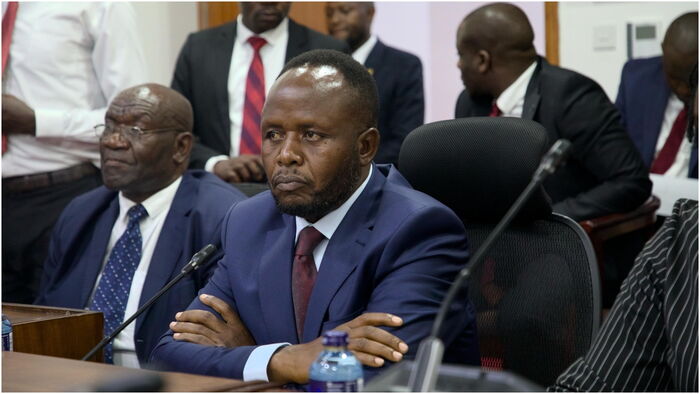
In a dramatic rebuttal, Treasury Cabinet Secretary John Mbadi has denied responsibility for salary delays in several counties, insisting that the national government has already released all funds up to August. The sharp exchange escalates tensions between the national government and devolved units, amid growing public outcry from unpaid county workers.
Mbadi’s Counterattack: Claims Funds Were Released
Speaking live on Ramogi FM, Mbadi rejected accusations that the Treasury withheld county allocations. He explained that:
- All pending arrears up to August have been cleared, with adequate funds disbursed to counties to settle salaries.
- The only money still pending is September capitation, which he pledged would be released before month’s end.
- Some of the delay originates from counties themselves —Mbadi cited late or flawed budget submissions that fail approval by the Controller of Budget (CoB).
- “If funds had not flowed, every county would be unable to pay,” he said, adding that many counties have already paid up through August.
The Treasury recently disclosed that in August, Ksh 32.93 billion was released to counties in equitable allocations.
Counties Push Back, Blame National Delays
Despite Mbadi’s statements, several county administrations and worker unions maintain salary delays persist. Nairobi’s Governor, Johnson Sakaja, claimed his government has not received equitable allocations for nearly two months, forcing reliance on own-source revenue to maintain payrolls—an unsustainable fix.
Workers in Nairobi have reportedly suspended services or gone on go-slow in protest of continued nonpayment. In other counties, staff are publicly expressing frustration at stalled pay and delayed third-party remittances.
Flashpoint in Devolution: Blame Game Escalates
This standoff highlights deeper fault lines:
- National vs County Accountability: Mbadi is placing the burden on counties, suggesting procurement, budgeting, and submission lapses inside devolved units are the real culprits.
- Fiscal Discipline vs Capacity: Some counties may lack technical capacity to draft budgets or reconcile accounts quickly, feeding into delays.
- Public Consequences: Essential services risk interruption if workers continue to down tools or limit their output.
- Political Risk: With 2027 looming, political leaders in both national and county governments must manage the optics of failing to pay public servants.
What to Watch
- Release of September capitation — Whether Mbadi honors his timeline and pays counties in full.
- County budget audits — Examination of whether counties submitted on time and whether CoB approved them.
- Service disruption trajectories — Observe whether worker protests intensify, especially in urban counties.
- Political fallout — Governors, MPs, and national leaders may clash publicly over blame and accountability.
- Parliamentary or oversight intervention — Committees may summon Mbadi, CoB officials, and county chiefs to explain delays.







